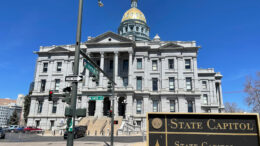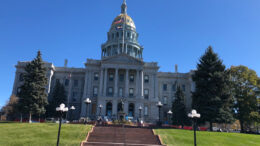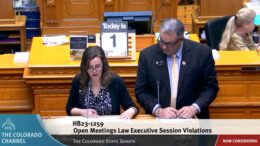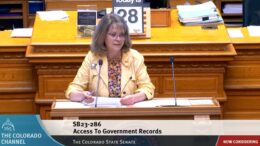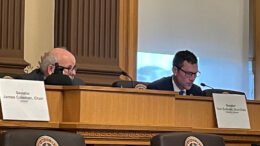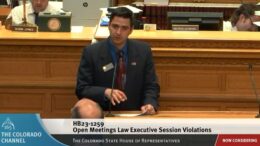Wrap-up: Colorado legislature again shuns CORA cost reform in 2023 session but removes some obstacles for records requesters
Despite a looming inflationary increase in fees, state lawmakers in the 2023 legislative session never addressed the often-high cost of obtaining public records in Colorado but did vote to eliminate some nagging obstacles for users of the Colorado Open Records Act.

